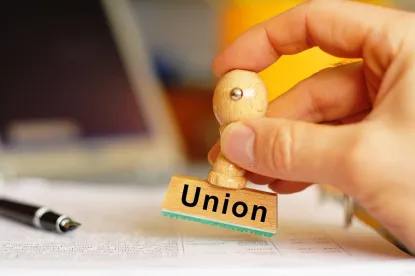In many states, charter schools are a creature of statute often operating within the blurred line between public oversight and private ownership, which places them in a legal grey area when it comes to federal labor statutes.
The National Labor Relations Act (“NLRA”) applies to most private employers, but its jurisdiction does not extend to the federal government or any state or political subdivision thereof. Although the NLRA does not define “political subdivision,” it has long been defined to include two situations: when an entity is (1) created directly by the state, so as to constitute departments or administrative arms of the government, or (2) administered by individuals who are responsible to public officials or to the general electorate.
Although 90 percent of New Orleans’ public school students attend charter schools, the Fifth Circuit Court of Appeals ruled last month that this fact did not transform those schools into a political subdivision. Thus, the employees of Voices for International Business and Education are permitted to organize under the federal labor statute.
Unlike traditional public schools, which are typically governed by elected school boards, charter schools governed by privately selected board members have no public mechanism for changing policies. In the case of Voices for Int’l Bus. & Educ., Inc. v. Nat’l Labor Relations Bd., the court found the charter school board lacked any political accountability, which disqualified it as a political subdivision.
However, at least one charter school, the Universal Academy in Fort Worth, Texas, was determined this year to be a political subdivision by the National Labor Relations Board because the state agency delegated to oversee education retained full authority over the selection of the charter school board.
These two examples show us that the key in the “political subdivision” exemption is determining whether the public has a role in selecting the charter school’s policymakers. If it does not, then it’s a fair bet that the NLRB would consider it a private employer and allow teachers to unionize under NLRA.



 />i
/>i

